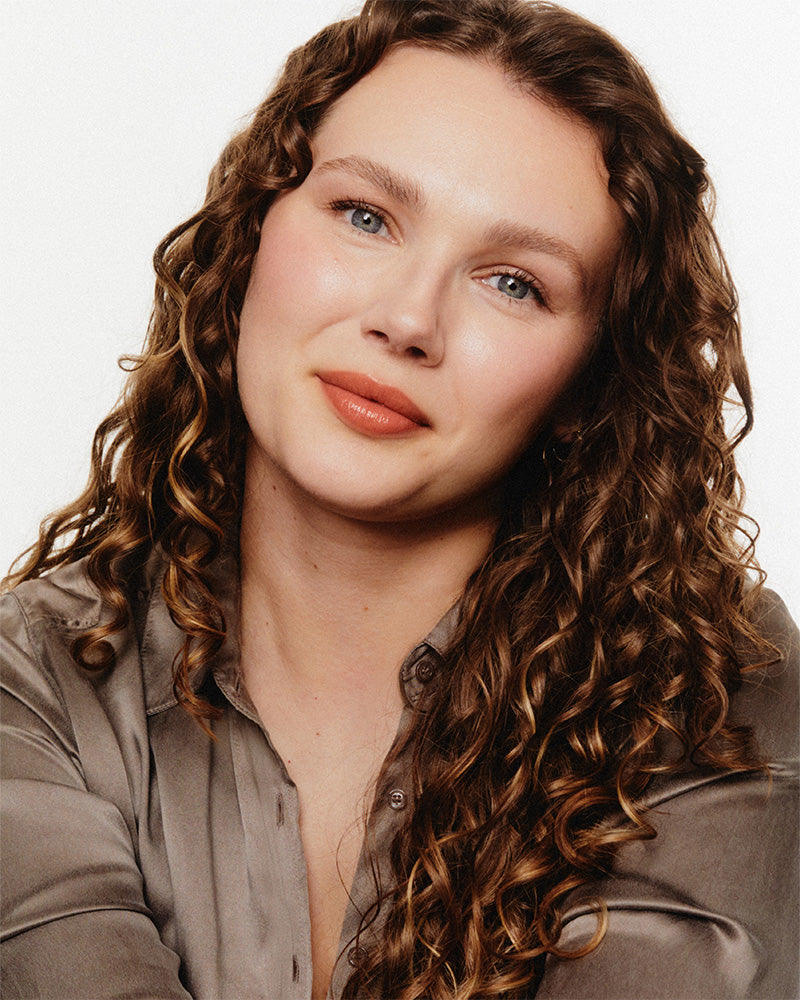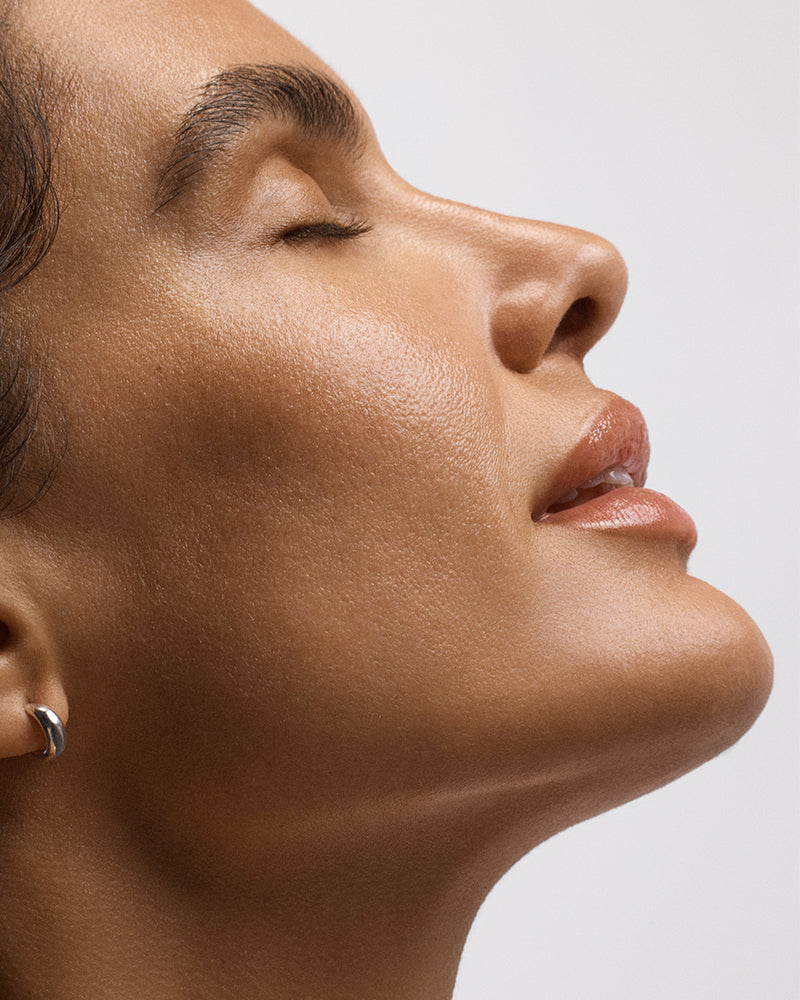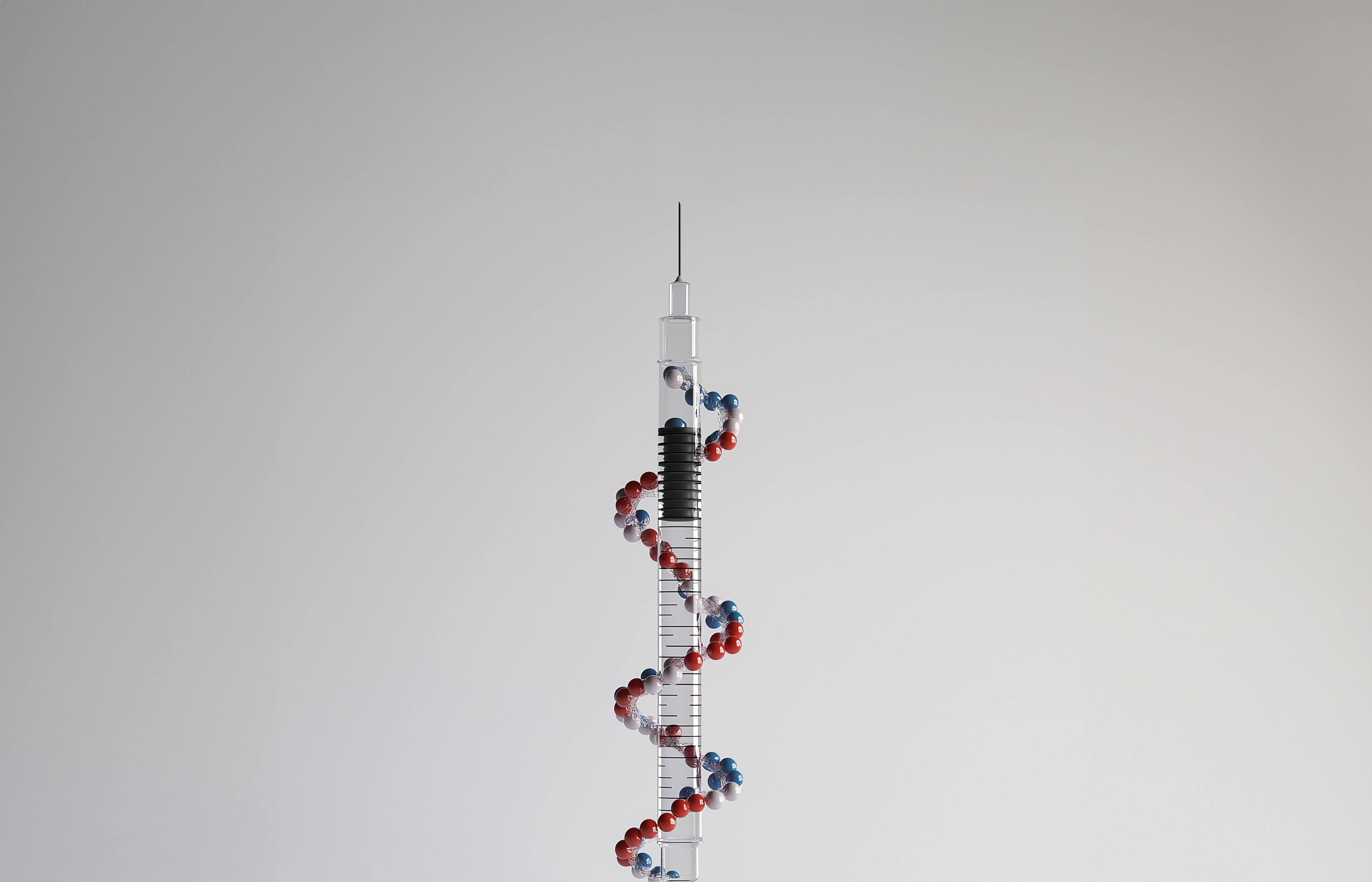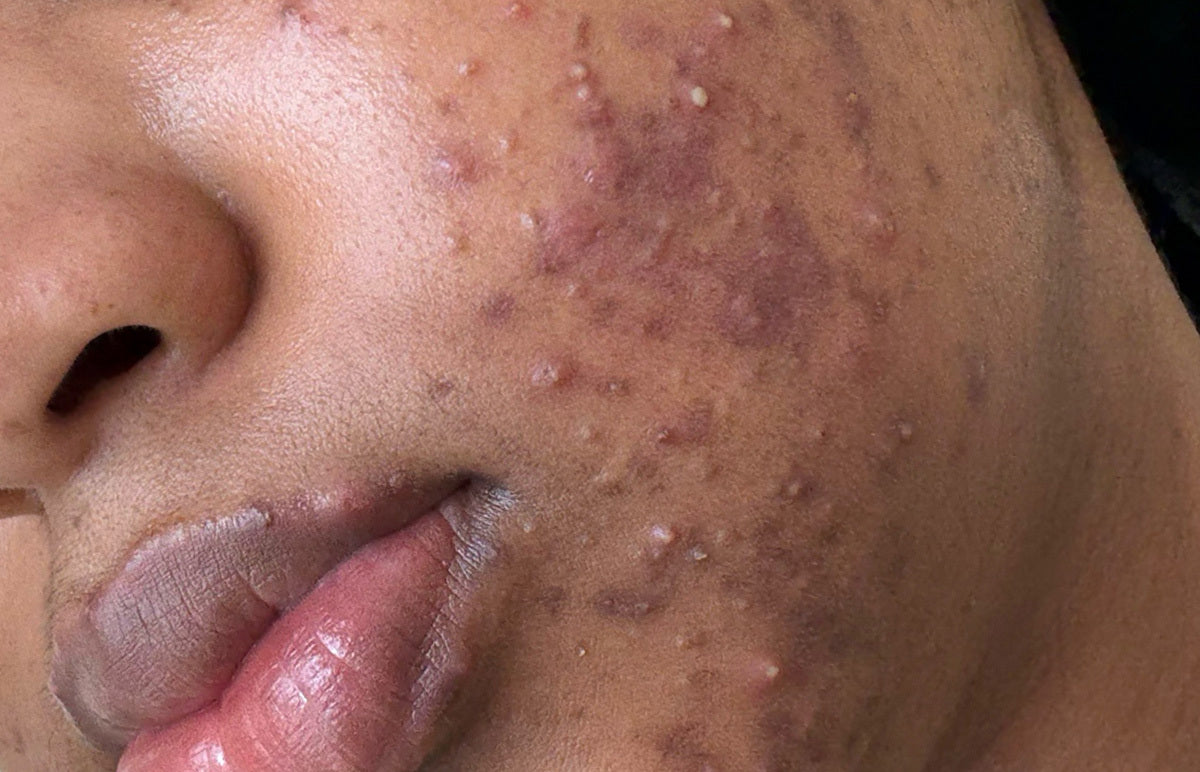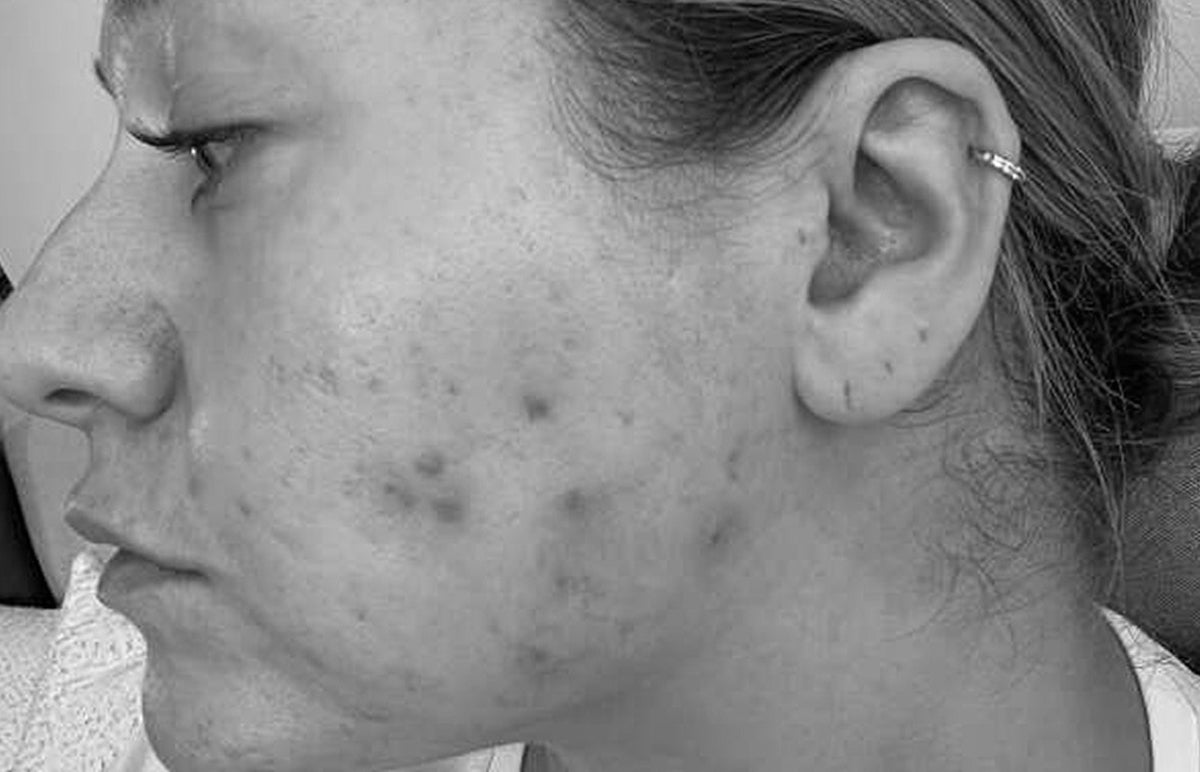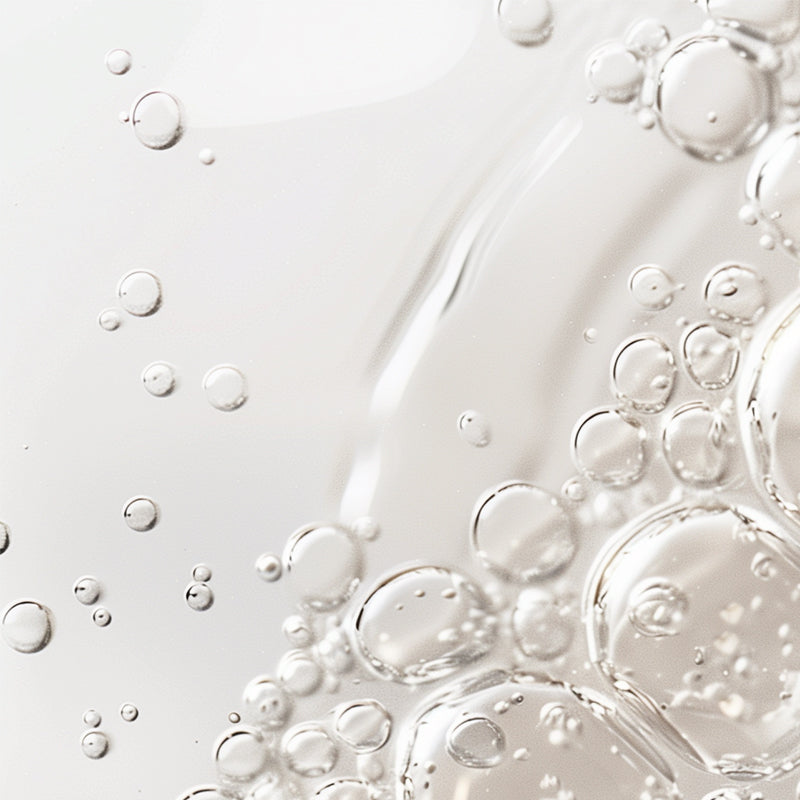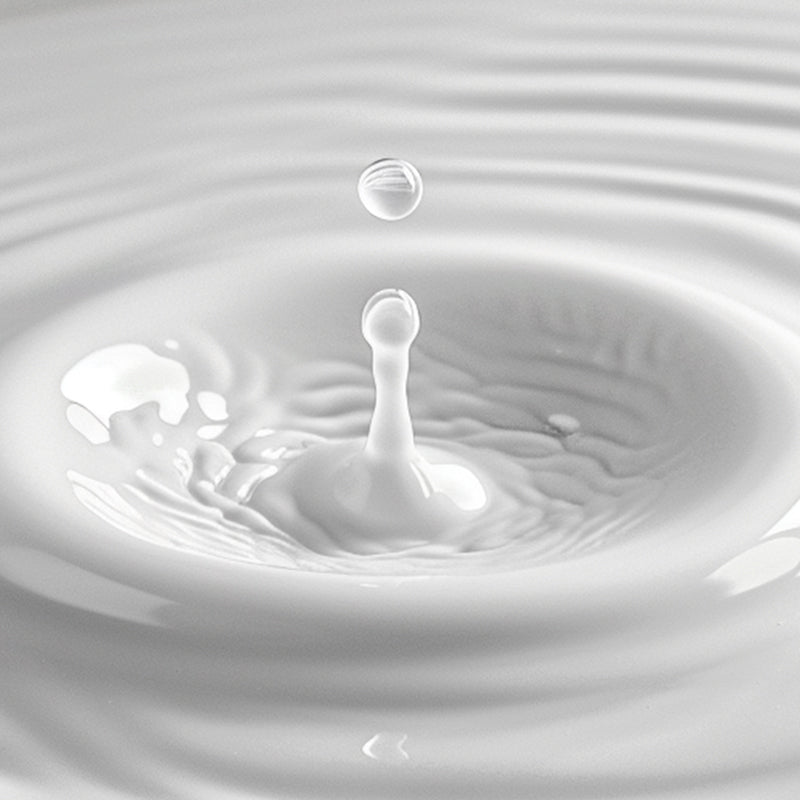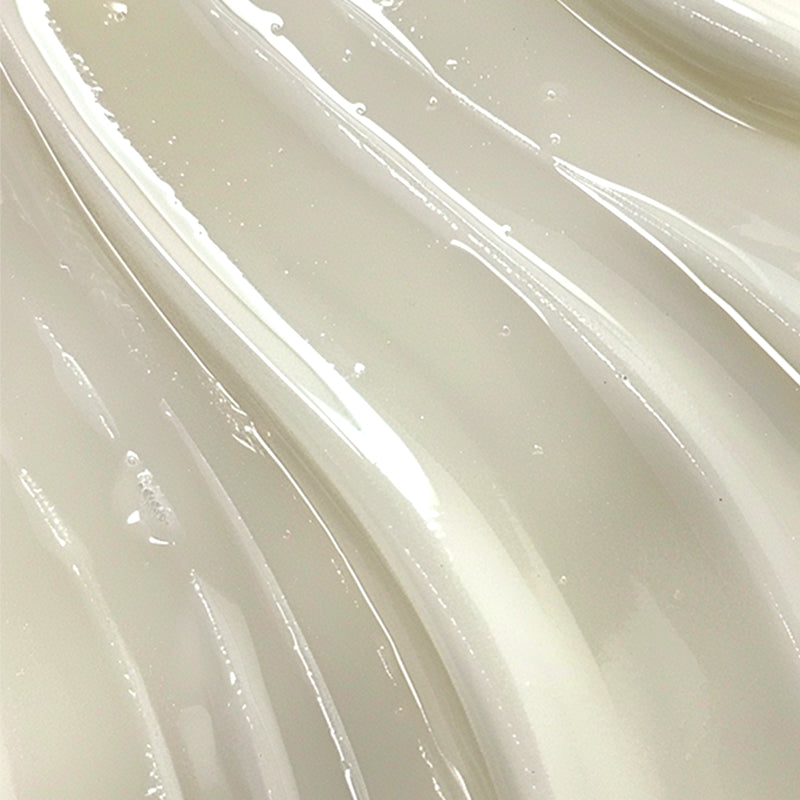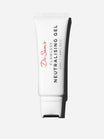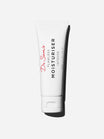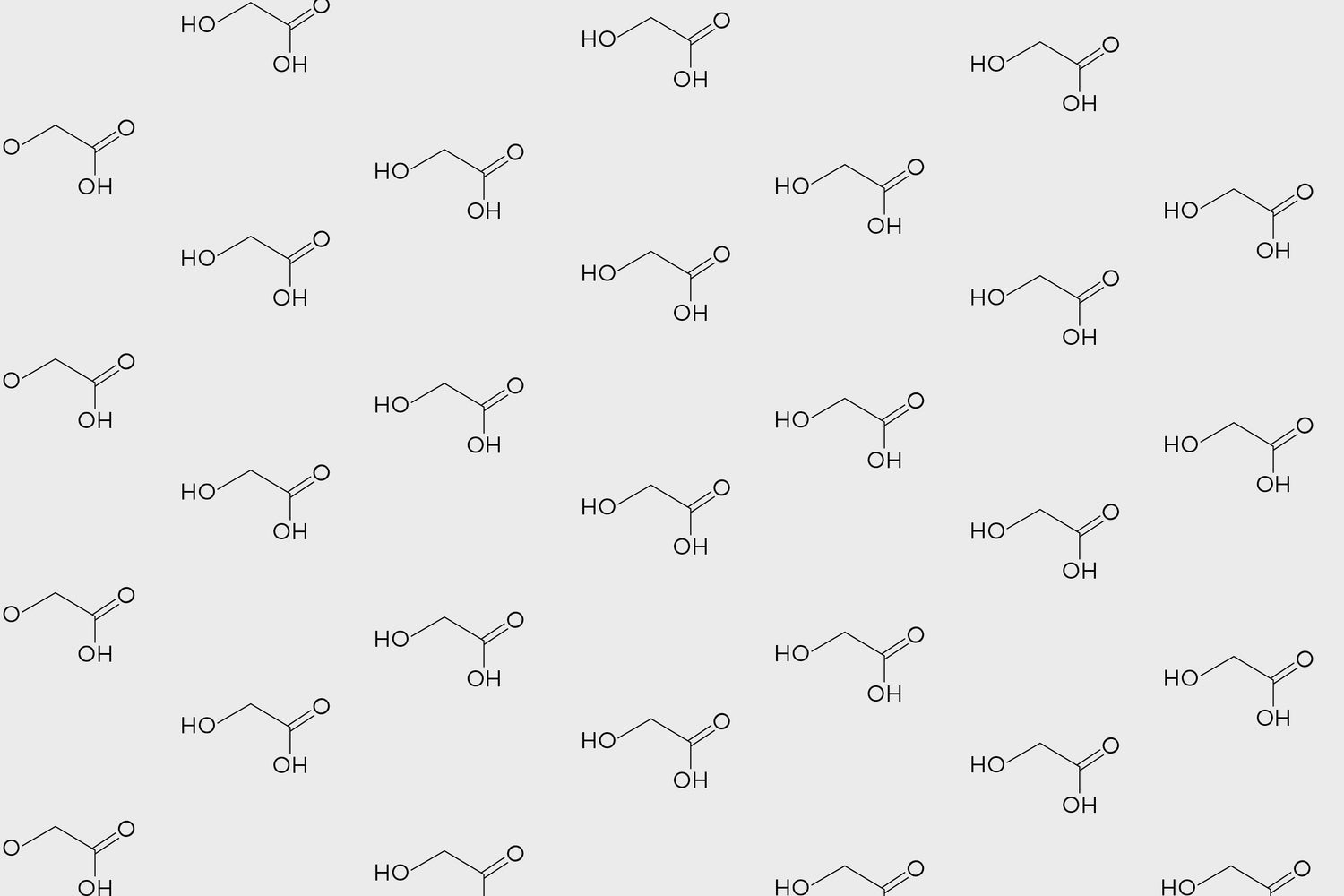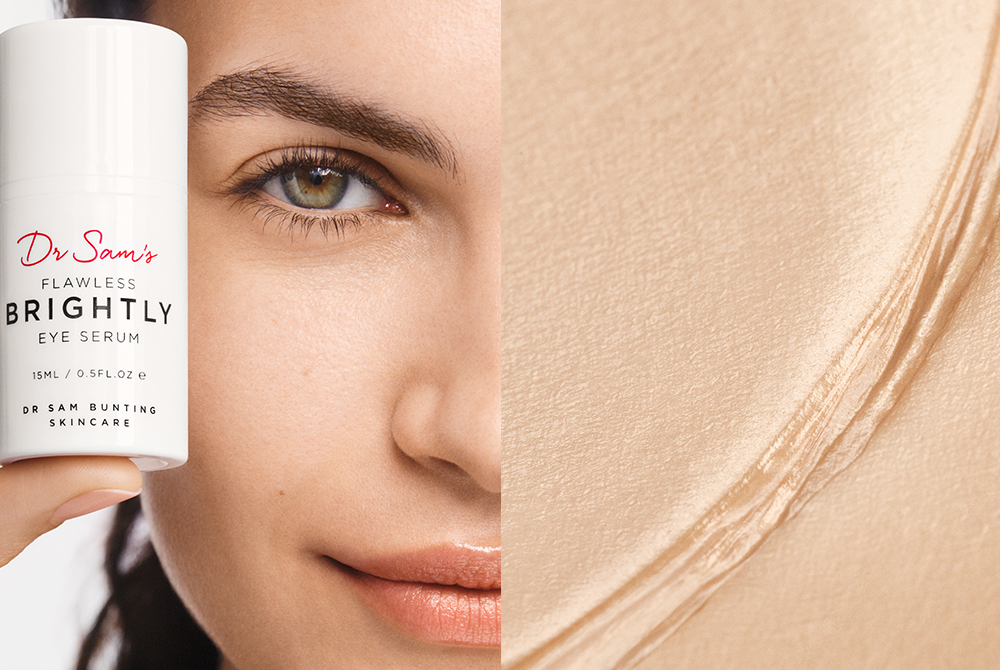When we talk about acids in skincare, it’s alpha hydroxy acids that come to mind. So how do you use alpha hydroxy acids in your skincare routine? So today I’m going to share my views on their role, their benefits and how best to combine them with other ingredients for success.
What are alpha hydroxy acids?
These are acid compounds that are often naturally occurring. For example, glycolic acid is derived from sugar cane, lactic acid is derived from milk and malic acid is derived from apples.
Now they can be found in all sorts of products, from cleansers to toners and peels but I prefer them, as I do most things, in the form of leave-on serums, creams and gels so you can get a more sustained, measurable and predictable result from them.
How do alpha hydroxy acids work?
Their main function is as a chemical exfoliant, where they disrupt the bonds between skin cells in the stratum corneum allowing older, dull skin cells to be removed revealing, fresher younger and more glowy cells. The smaller the acid molecule the deeper it can penetrate and thus have a more intensive effect.
What are the benefits of alpha hydroxy acids?
They refine the texture of skin, leading to brighter and smoother skin as the light bounces more readily off the surface.
However they also function as humectant, attracting water into the skin thus hydrating it.
They also increase the penetration of other active ingredients, which can increase their efficacy.
And at high percentages of stronger acids (like glycolic acid), you can see increased collagen production.
When should you use alpha hydroxy acids?
I recommend using them in the morning - many of you will be using a retinoid at night so it’s best to split up these 2 ingredients groups.
How Do You Use AHA acids?
If I use an AHA, I’ll generally be using a vitamin C serum first. The context in which I do this is mainly in clinic when using the Obagi Nuderm range which combines vitamin C, AHAs and Hydroquinone in a morning routine (with a retinoid at night).
So I’ll take a half-fingertip amount. As always, I’ll use my 13 Dot Technique to get an even distribution and create “field change”.
Can I use alpha hydroxy acids every day?
AHAs can be used every day. But if I was starting out, I’d use AHAs every other day. After 2 weeks, I’d check in with myself. If all’s ok, I’d then increase to daily use. And after a further 2 weeks, if all is going well and I like the results I’m seeing, I’d consider increasing it to a fingertip amount.
What ingredients can I mix with AHAs?
AHAs are a sociable ingredient and play well with most other ingredients.
AHAs and niacinamide + fine
AHAs and Hyaluronic Acid = fine
AHAs and vitamin C = fine
AHAs and hydroquinone = fine
What ingredients can’t I mix with AHAs?
But I think certain combinations are high risk for irritation and there’s little logic to combining:
AHAs + retinoids = too irritating, so split them up
AHAs + BPO = too irritating, and AHAs don’t really help with acne so pointless to combine
AHAs and BHAs = fine if they’re in a formula together for exfoliation but otherwise, best avoided. If treating acne, use azelaic acid instead.
Final Thoughts
These are an easy booster for skin radiance and play well with other ingredients, provided you’re respectful of their potential for irritancy. However if you’re targeting a specific skin concerne like redness or acne, I’d suggest you look at more targeted actives.
If you found this helpful, *please* share with a friend who needs this advice to help them achieve their skin goals!!
